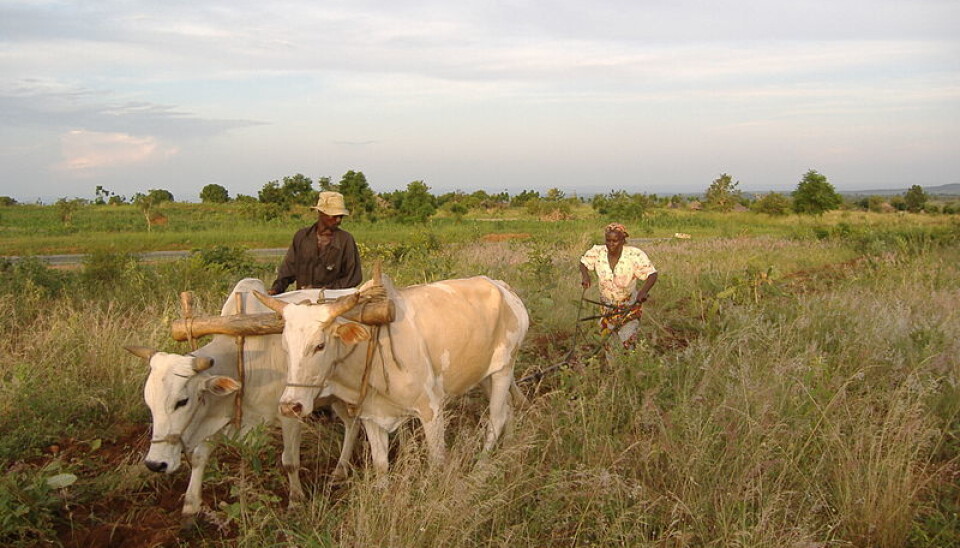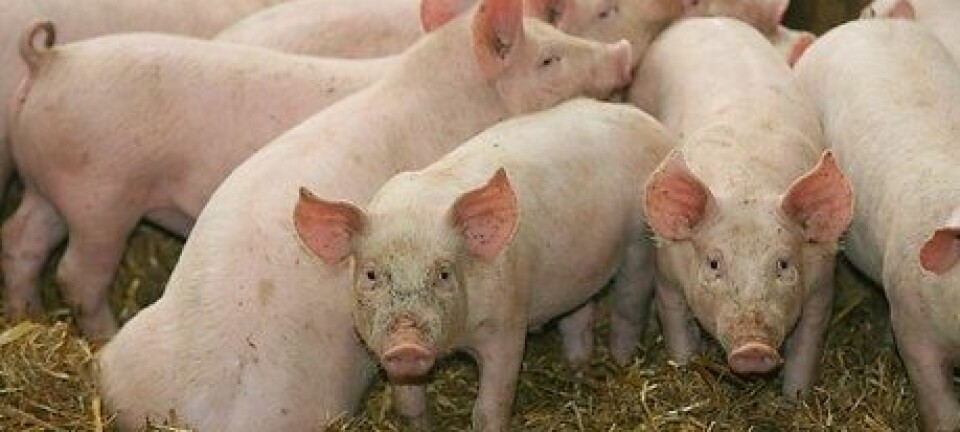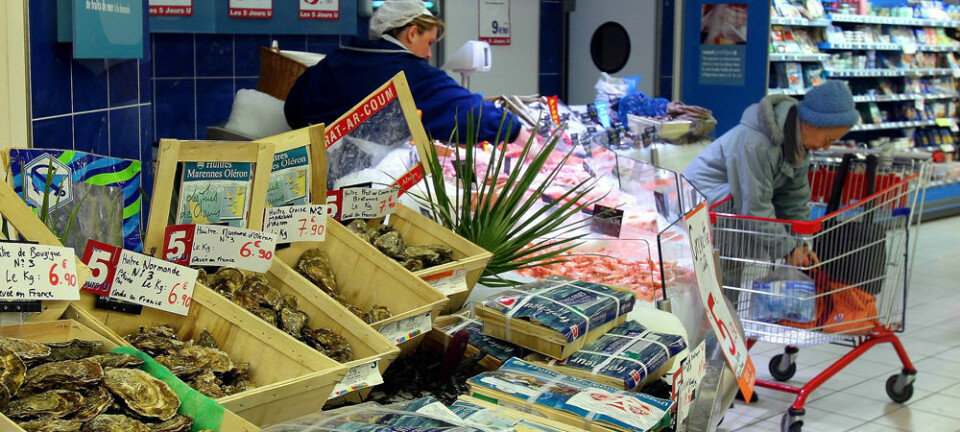
Your sustainable lifestyle could strain distant countries
Urban sustainability usually only has a local effect – and attempts at making cities sustainable could actually have negative effects on distant countries. New study sheds light on the hidden pitfalls.
Sustainability is a keyword in any environmental debate. We all know that we should limit our pollution, recycle more and try to eat locally-grown food.
But sustainability shouldn’t just be regarded as a local problem, which we tend to do.
Policy initiatives in the name of sustainability can have unintended negative consequences in countries far away from our own, unless we start rethinking the implications of sustainability.
This is the conclusion of a new study by Danish and American researchers, which has just been published in the scientific journal PNAS.
When, for instance, we breed pigs in Denmark, a quarter of the food is grown in Argentina, and a majority of the demand is driven by consumption in other countries such as China.
“Debates about urban sustainability usually focus only on the cities and their surrounding areas – whether, for instance, the cities are self-sufficient,” says co-author Anette Reenberg, a professor at the Department of Geography and Geology at the University of Copenhagen.
But there are many complex and obscure connections between the living conditions of urban populations and the pressure on resources:
“For instance, large areas of farmland are frequently being occupied in completely different parts of the Earth. These connections do not receive sufficient attention in today’s debates about sustainability and sustainable land use,” says Reenberg.
Obscure connections strain distant areas of the planet
According to Reenberg, these obscure connections could mean that our efforts to create local sustainability are far from being sustainable in the larger context, due to the strain on other parts of the world.
”When, for instance, we breed pigs in Denmark, a quarter of the food is grown in Argentina, and a majority of the demand is driven by consumption in other countries such as China.”
That way, she says, the Danish pig production also puts a strain on the other side of the planet, although immediate assessments of its sustainability are usually based only on local circumstances.
Meanwhile, buying locally-grown produce is commonly perceived as a sustainable choice. But this choice could also undermine the living conditions of farmers on the other side of the planet and could thus have negative consequences for the sustainability on a global level.
Teleconnections focus on the obscure connections
Reenberg and her colleagues suggest urban land teleconnections as a conceptual framework for a new perspective on sustainability.
In brief, ‘teleconnection’ aims to explore the inter-connections between distant locations.
This framework enables scientists to explore new dimensions of the global impact of the increasing pressure on land resources and agricultural areas. This pressure can partly be put down to the increasing economic prosperity in countries such as China and India, which has created an increasingly land-intensive consumption pattern.
Teleconnections can be used to adjust the traditional view on the connections between land, population growth and urbanisation, says the researcher.
“The concept clarifies what consequences the obscure connections between distant locations have on how we interpret the sustainable use of Earth land resources. Such an insight is necessary if we are to ensure that the political decisions regarding sustainability actually have the desired effect.”
---------------------------------
Read this story in Danish at videnskab.dk
Translated by: Dann Vinther








